Entry Category: Business and Economics - Starting with M
aka: Cinnabar Mining
Merrell, Henry
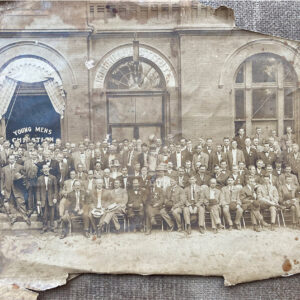 Merrill Institute
Merrill Institute
Merrill, Joseph
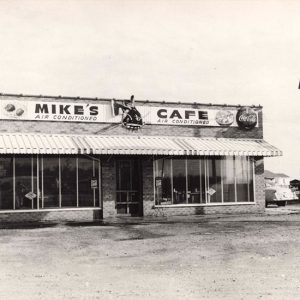 Mike's Cafe
Mike's Cafe
Miller, Abraham Hugo
Miller, Eliza Ann Ross
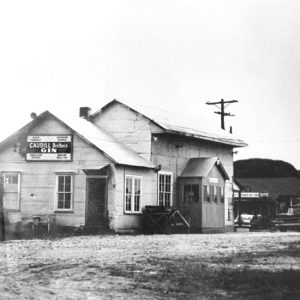 Milligan Ridge Gin
Milligan Ridge Gin
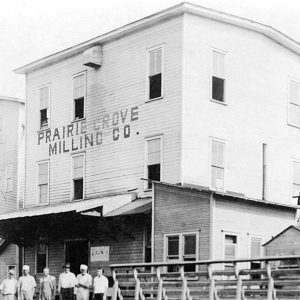 Milling Company
Milling Company
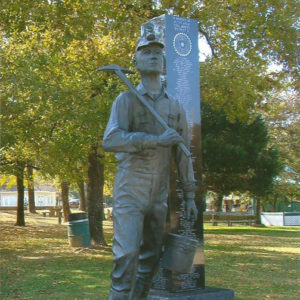 Miner Memorial
Miner Memorial
Mining
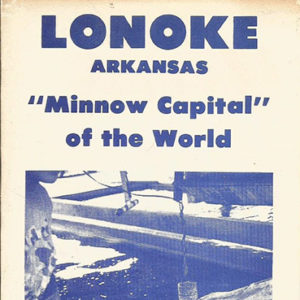 Minnow Brochure
Minnow Brochure
 Minnow Harvest
Minnow Harvest
 Minnows
Minnows
Minute Man
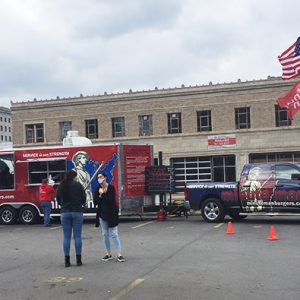 Minute Man Food Truck
Minute Man Food Truck
 Minute Man Menu
Minute Man Menu
 Minute Man, Jacksonville
Minute Man, Jacksonville
 Minute Man, Jacksonville, Opening
Minute Man, Jacksonville, Opening
Mississippi, Ouachita and Red River Railroad
 M&NA Motorcar Thomas C. McRae
M&NA Motorcar Thomas C. McRae
Missouri and North Arkansas Railroad (M&NA)
Mitchell, Harry Leland
Mitchell, Sarah Elizabeth Latta
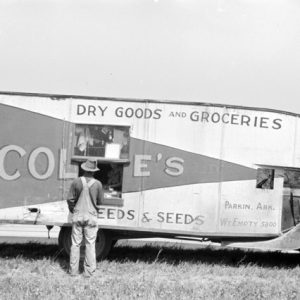 Mobile General Store
Mobile General Store
Monte Ne Railway
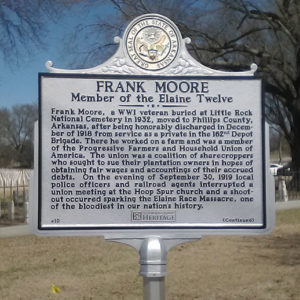 Frank Moore Memorial
Frank Moore Memorial
 Frank Moore Tombstone
Frank Moore Tombstone
Moore, Frank
Morgan, Winfield Scott
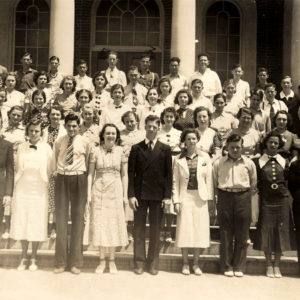 Morrilton Graduates
Morrilton Graduates
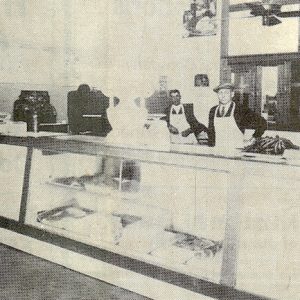 Morrilton Meat Market and Sausage Factory
Morrilton Meat Market and Sausage Factory
Mount Bethel Winery
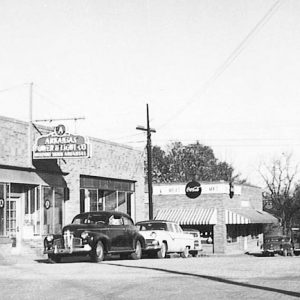 Mountain Home AP&L Office
Mountain Home AP&L Office
 Mountain Valley Plant Workers
Mountain Valley Plant Workers
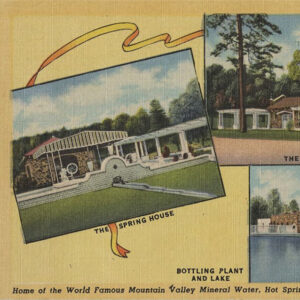 Mountain Valley Postcard
Mountain Valley Postcard
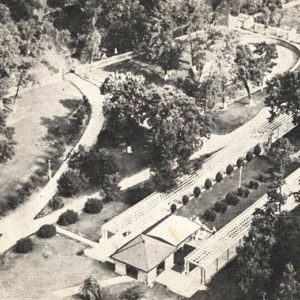 Mountain Valley Spring
Mountain Valley Spring
Mountain Valley Spring Water
 Mountain Valley Spring Water
Mountain Valley Spring Water
Mountainaire Hotel Historic District
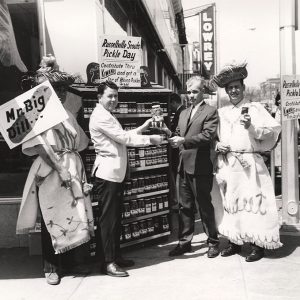 Mr. Big Dill
Mr. Big Dill
 David W. Mullins Jr.
David W. Mullins Jr.




